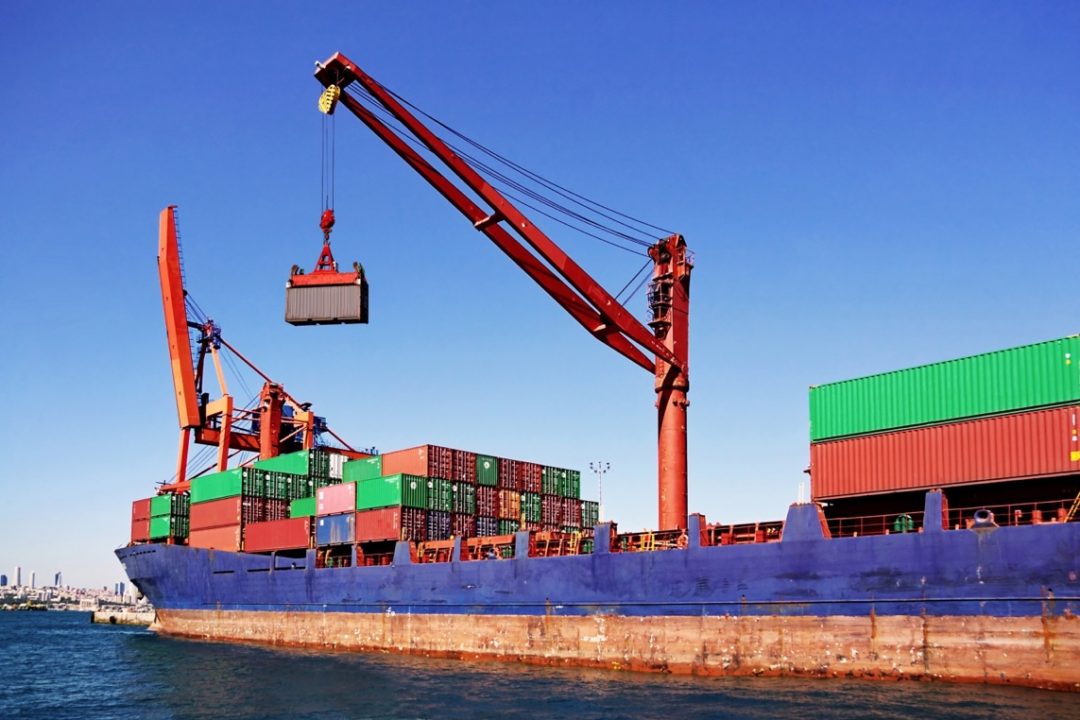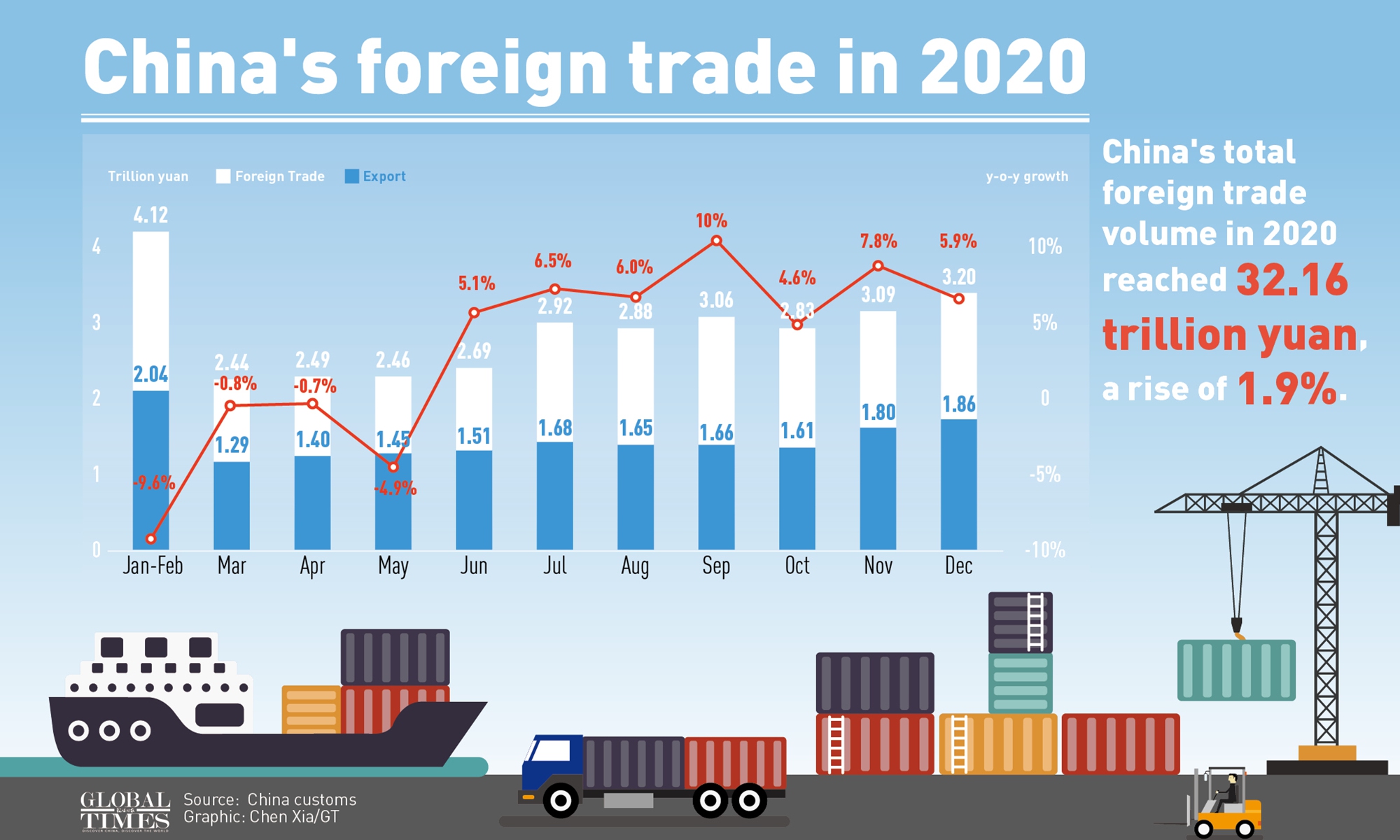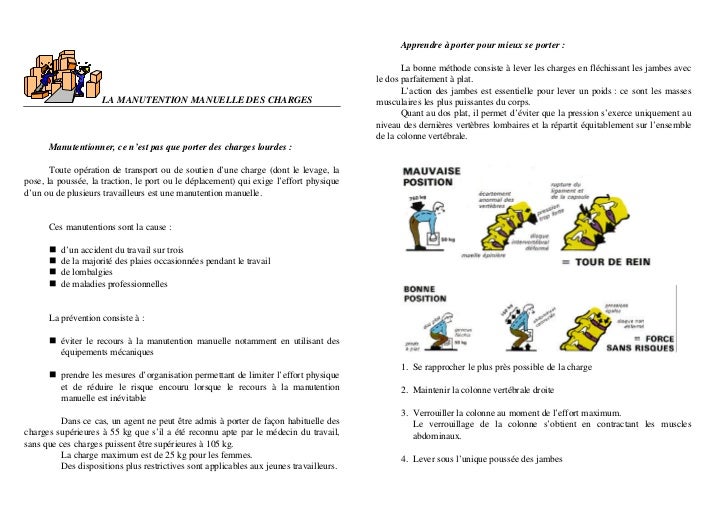Knowing Your Supplier Face-to-Face
One of the most important aspects of importing products from China is building strong relationships with manufacturers. Meeting suppliers in person can help foster trust and understanding between parties that online communication alone may lack. When visiting a factory, importers gain valuable insights they cannot get merely from emails or photos. Seeing production facilities firsthand allows assessing quality control standards and production capabilities to ensure the factory is a good fit. Face-to-face conversations also promote clearer communication difficult to achieve remotely as cultural differences or lost-in-translation issues are less likely. Establishing personal connections is key for long-term strategic partnerships in a competitive market.

Evaluating Product and Process
For importers dealing with complex product designs requiring tooling, molds, or numerous customized parts, a factory visit is often necessary. Closely cooperating with manufacturers’ engineers, designers, and other departments in person better facilitates bringing creative visions to life. Discussing technical specifications, materials, and assembly methods face-to-face can more efficiently resolve issues than through indirect communication modes prone to misunderstandings. Importers gain confidence that their input is properly understood and implemented through on-site product reviews and factory inspections. Such comprehensive product development oversight mitigates risks of noncompliance or defects down the line.
Ensuring Quality Standards
Retaining trusted quality control representatives based in China significantly reduces importers’ need to personally audit suppliers. However, for new working relationships or complex product lines, on-site factory assessments remain valuable. Importers directly verify production environments, equipment, worker training programs and other factors impacting consistent product quality. Unscheduled facility spot-checks help ensure standards are upheld at all times rather than just during announced inspections. Importantly, importers see equipment calibration and maintenance procedures, verifying capability to attain specifications. Intimate process knowledge aids designing effective supplier scorecards and KPIs, building long-term quality partnerships.
Securing Cost Savings
Some importers worry factory visits cut into productive work time or incur unnecessary travel costs. However, establishing goodwill through in-person meetings builds stronger supplier loyalty incentivizing cost reductions over the long run. With an understanding of factory challenges and priorities developed on-site, importers collaborate identifying efficiencies. Suppliers invested in importer satisfaction through personal relationships feel more comfortable negotiating flexible payment schedules or production cost reductions. Involving local quality representatives or consultants lessens required importer engagement while maintaining standards oversight. Overall, factory familiarity yields savings offsetting visit expenses if managed strategically.
Assessing Competitive Landscape
Beyond any individual supplier, visiting manufacturing hubs provides invaluable industry context. Seeing production capabilities across China gives a full picture of the competitive landscape importers tap into. This aids assessing where certain locations or factories excel based on specializations developed over decades. Export managers gain clarity on Chinese factory reputations, certifications, environmental/labor compliance records and more through regional surveillance. Especially for complex or innovative products, importers shortlist suppliers based on unique regional production expertise gleaned from the ground.
Cultural Understanding and Precise Communication
While relationship-building occurs through any constructive interaction, personal exchanges foster superior intercultural understanding. Seeing operations, meeting staff and experiencing local business culture firsthand, importers gain nuanced perspectives hard to develop remotely. They appreciate cultural variables like saving face concepts or preferred communication styles impacting negotiations. This knowledge facilitates clear, respectful coordination mitigating frictions from ‘lost-in-translation’ misunderstandings. Factory visits nurture long-term, cooperative partnerships through fostering mutual understanding and trust difficult to match through impersonal digital correspondence alone.
Smart Factory Visits for Strategic Success
Whether importers conduct routine facility audits or collaborate with new partners, smartly combining personal engagement with cost-effective oversight maintains quality control efficiency. Factory visits have clear advantages for complex product development, cultural education and trust-building yet require strategic planning. With thorough pre-production inspections complemented by local representatives’ continuous monitoring, importers ensure standards while optimizing engagement levels. By thoughtfully assessing priorities and leveraging regional expertise, importers establish mutually beneficial global sourcing relationships through a blended approach maximizing learning through both physical and virtual touchpoints.

